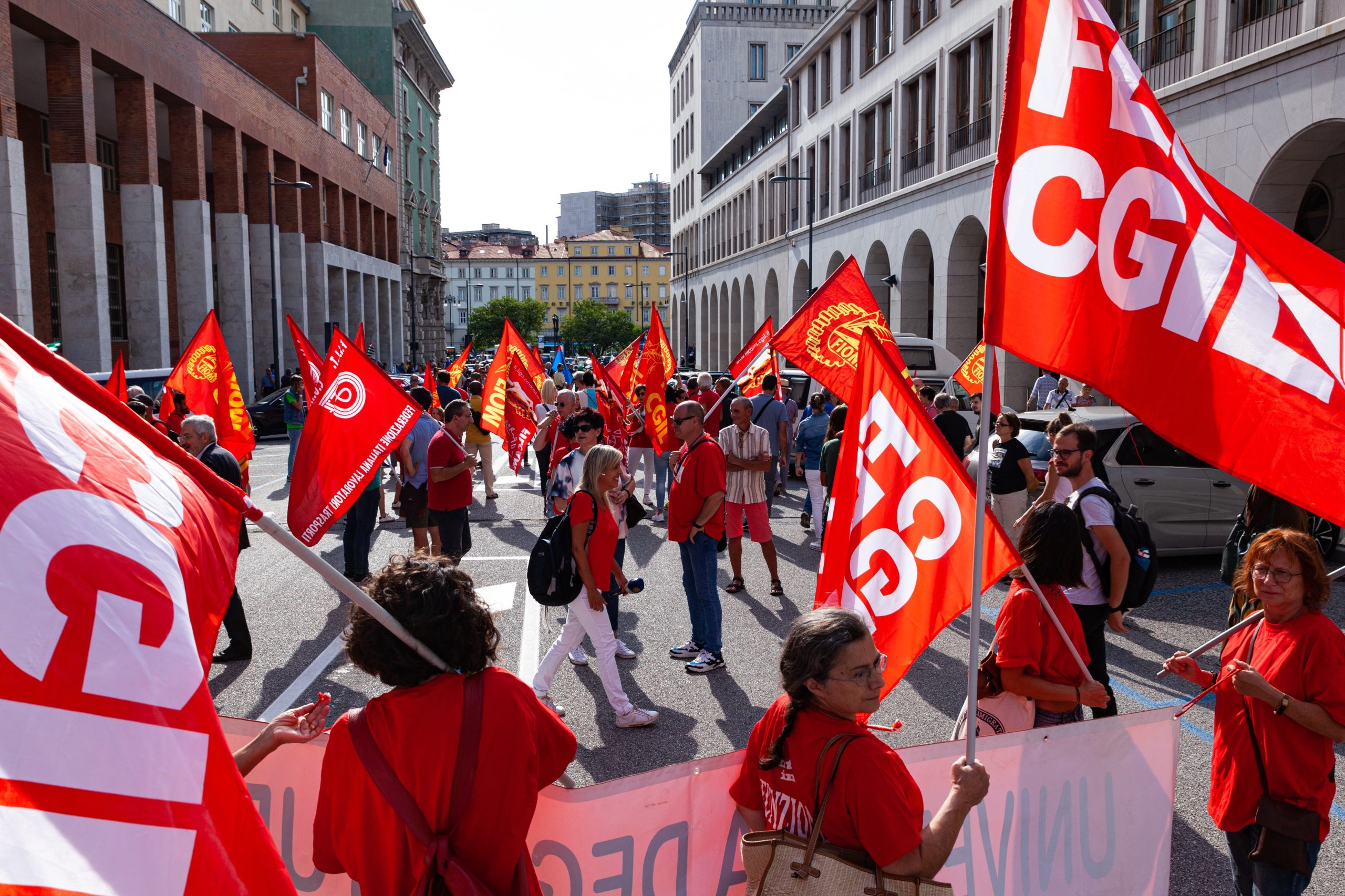Barbecues in nature, parades, or protests—all these are associations with May 1st, the International Workers’ Day, for people across Europe. Those who lived under socialist governance since World War II celebrated this day with parades and barbecues. In the former Yugoslav republics, spending time in nature with a grill remains a popular way to mark May 1st.
International Workers’ Day, represents a global day of solidarity of the labour movement. This holiday is celebrated worldwide as a remembrance of significant events and achievements in the labour struggle, especially the demonstrations in Chicago in 1886.
Today, May 1st represents a day of struggle for basic human rights of workers, such as shorter working hours, higher wages, and better protection at work. While in many countries this struggle is manifested through demonstrations.

In some parts of the European Union where the labour unions are strong, International Workers’ Day is marked with demonstrations aimed at improving working conditions.
According to Eurostat, Serbia has the second-longest average workweek after Turkey, at 41.9 hours, while the longest workweek in the EU is in Greece and Romania at 39.5 and 39.1 hours respectively. The shortest workweek is in the Netherlands, where it lasts 30.8 hours, with an EU average of 35.5 hours per week.
Work in the EU
All workers in the EU are guaranteed minimum rights related to health and safety at work, gender equality, protection against discrimination, and labour laws. These rights are defined by EU law, and individual EU Member States are obliged to enforce them. This includes the right to a safe working environment, equal job opportunities for women and men, protection against discrimination based on various personal characteristics, as well as rights related to employment contracts and working conditions.
EU residents have the right to work in any other EU Member State, with around 10 million people aged 20 to 64 living and working outside their home country.

When it comes to labour rights, the European Commission proposed in March 2024 a directive to improve the working conditions of interns in the EU. The goal is to ensure fair wages, inclusivity, and quality of internship programs. The directive aims to provide the right to fair wages, access to social protection, mentorship, and fair access to internships for all.
However, the number of workers with specific skills is becoming a more serious problem for employers across Europe, as various studies illustrate.

Eurostat has reported that 54% of small and medium enterprises in the EU struggle to find employees with the necessary skills.
A particularly acute problem of skill shortages has been noted in countries like Ireland, Spain, and France. Technicians are among the most sought-after workers, but there is often a lack of technically trained staff.
The main reasons for the labour shortage are a lack of qualifications, skills, or experience among candidates. Investing in training and retraining is becoming increasingly important in addressing the skills gap.




